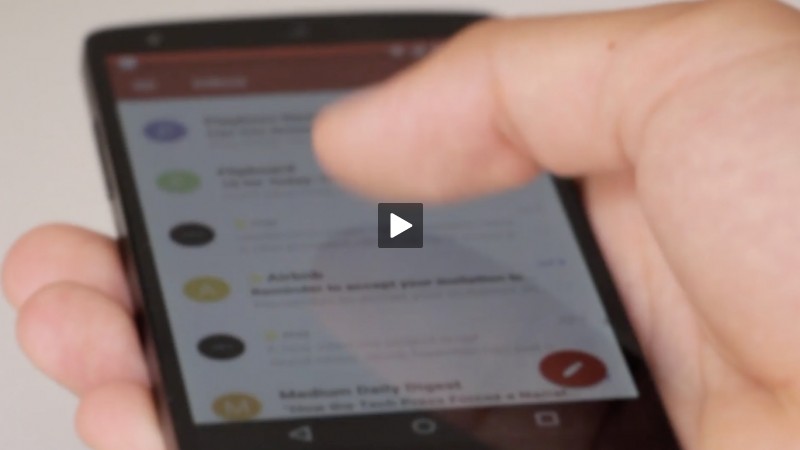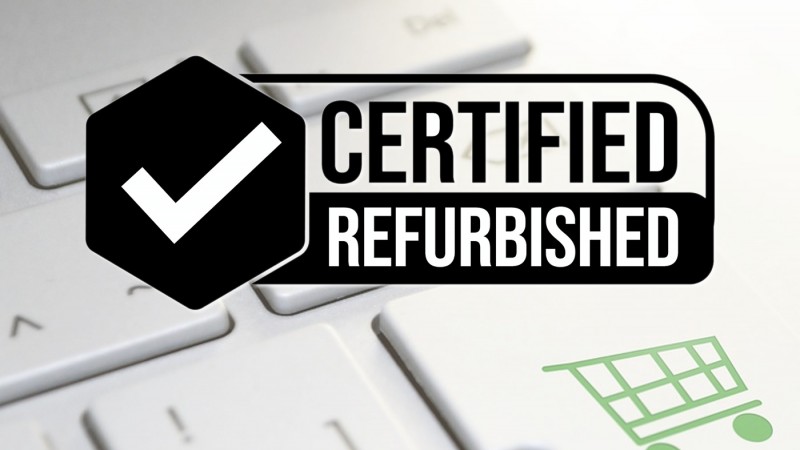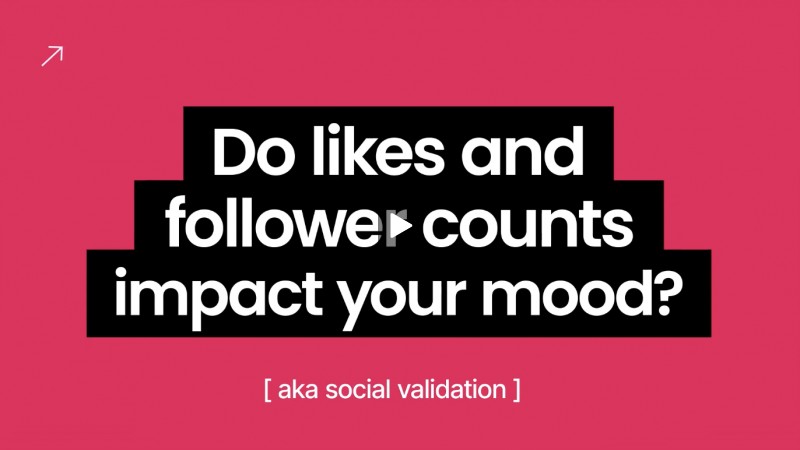Facebook User? Be Alert for These Scams
- Detalles
- Escrito por Drew Guthrie
- Categoría: Articles

With millions of daily users, Facebook has become an effective way for scammers to find victims. There are many scams and variations. Most are after your personal information either through phishing or malware. Some disappear for a while but return, sometimes with a new twist. Some of these scams or variants have also appeared in emails or on other sites. While a hoax typically doesn't pose a threat to your personal information, they are deceiving. Here are some of the most prevalent scams and hoaxes.
Staying alert and understanding how scammers are trying to target you will help you protect yourself from these and other scams.
-
Impersonating Friends or Family
These scams typically use a fake account complete with pictures and information from real accounts. If you receive a friend request from someone you are already friends with, don't accept it but check with the person if they sent it. If they didn't they should report it. The goal of this scam is to gain access to your profile and, in turn, more of your personal information. Another form of this scam uses the Facebook messaging system. The message might be about you being tagged/seen in a video or it could be offering free money or items. This is a classic phishing scam, so don't click on any links or provide any information. Let the friend know so they can report it. -
Message from "Facebook Security"
This phishing scam begins with an email or private message supposedly from "Facebook Security" stating that unless you click the link or follow the instructions your account will disabled or deleted. If you receive one of these ignore it. -
Keeping Your Information Private
There are several of these. One scam asserts you must copy and paste a legal notice in order to keep your profile, pictures, and posts private. Another scam claims you must a fee to keep your information private. Ignore these. Facebook has stated that it is free and always will be. -
Email Saying You Were Tagged in a Photo
In this scam, the email appears to be from Facebook but isn't. Clicking on the link in the email to see the picture could download malware to your computer. If you get one of these emails, don't click on the link. If the email is legit, you'll be able to check out the picture by looking at it through the site or mobile app. -
Fake Coupons
These real-looking coupons from well-known businesses (such as supermarkets, drug stores, department stores, and travel companies) appear in your News Feed and offer great deals. In order to claim the coupon, you have to share it, like the associated page, fill out a survey, and provide your email address. What's the problem? You may have provided your personal information to scammers and recommended that your friends do too. Always verify that a deal, especially those that sound too good to be true, is legit. Check for the coupon on their official Facebook page (indicated by a blue circle next to their brand name) and/or check their website. -
Free Tickets, Gift Cards, or Other Items
These offers usually state that by liking the page, commenting on the post, and/or sharing it, you will receive the free item. While these actions alone aren't a scam, they may lead to other posts that could get you to give out your personal information. Again, verify the offer by checking their official Facebook page and/or website. -
Dislike Button
While Facebook has provided more buttons to react to an item or post, they didn't provide a specific "dislike" button. Ignore any offers to download a "dislike" button. It's only a ploy to steal your personal information. -
Quizzes, Games, and Apps
While the quizzes, games, puzzles and other apps may provide a lot of fun, they may also be putting your personal information and that of your friends at risk. Malware might be included in an app or downloaded by clicking on a link. The malware may access personal and financial information stored on your computer. Apps may also access your profile information and depending on their privacy settings information from your friends' profiles too. Before taking a quiz, playing a game, or downloading an app, carefully review their privacy terms.
Staying alert and understanding how scammers are trying to target you will help you protect yourself from these and other scams.


































